13, July 2020
Poland’s incumbent Duda tops presidential vote 0
Poland’s state electoral commission said Monday that conservative President Andrzej Duda has won 51.21% of the vote with almost all votes counted in the country’s weekend election.
The nearly complete results, based on a count of votes from 99.97% districts, shows liberal Warsaw Mayor Rafal Trzaskowski just behind with 48.79% of the vote.
The final results could vary somewhat, however.
If the result is born out, it would be one of closest elections in Poland’s history, reflecting the deep divisions in this European Union nation.
Sunday’s vote was originally planned for May but was delayed amid bitter political wrangling.
Source: AP
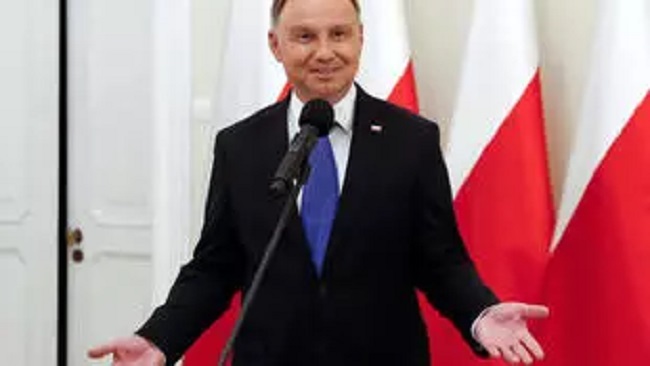
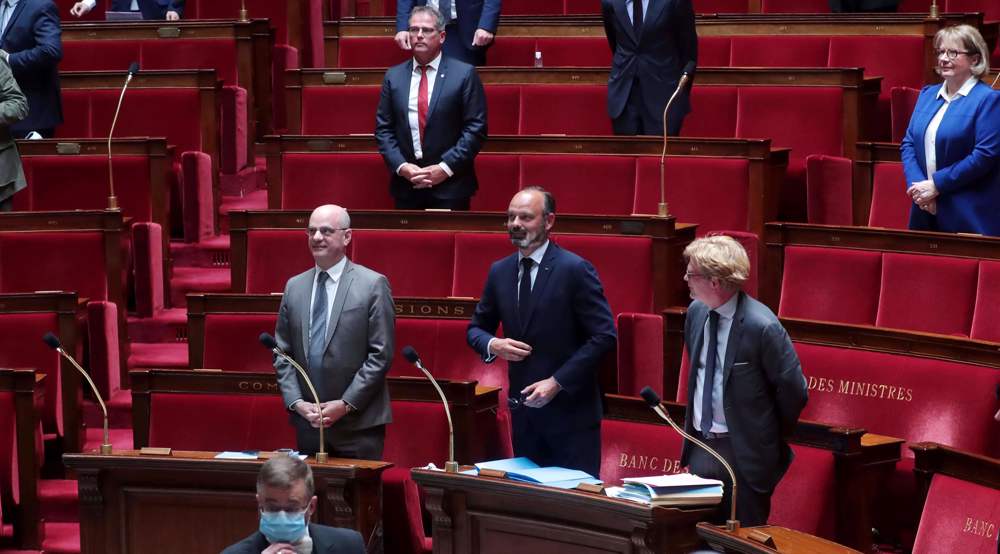
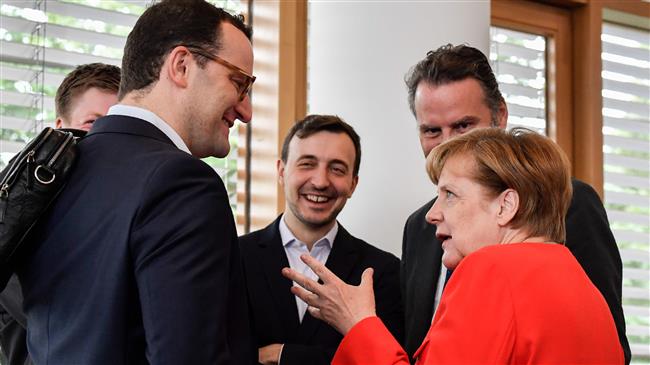
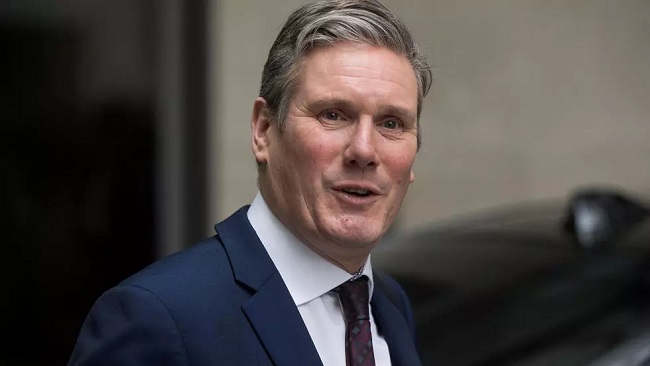




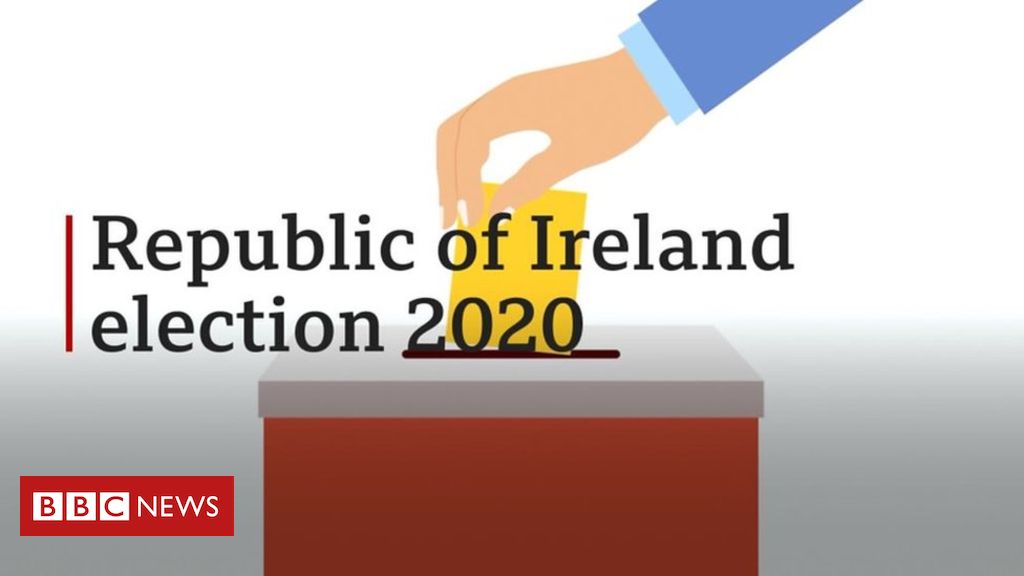

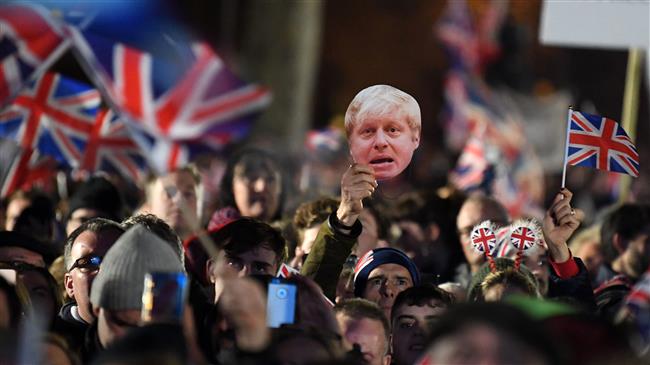



















22, October 2020
British PM Johnson lambasted by EU lawmakers 0
Never before in the European Parliament has a British Prime Minister attracted so much criticism. In a debate on Wednesday, MEP after MEP lambasted Boris Johnson over his handling of the UK’s withdrawal from the EU.
Boris Johnson has been lying to the people in the UK. The Brexit transition period ends on the 31st of December. If the EU and UK fail to reach a trade deal before then, chaos will ensue, many argue.
Johnson says there will be no further face-to-face negotiations with the EU until such time as the bloc takes the UK’s position seriously. However, almost every lawmaker in the Brussels chamber is blaming him for the impasse. A no trade deal scenario could lead to mayhem at borders between the EU and UK. Experts warn disruption to major trading corridors will have wide-ranging economic consequences.
Although very much in the minority, some eurosceptics in the European Parliament blame Brussels’ bureaucracy for the breakdown in EU-UK relations. But there are warnings that millions of jobs are at risk, and the livelihoods of fishermen and farmers hang in the balance. Most MEPs say no agreement on a future EU-UK relationship would be disastrous.
During the debate one lawmakers suggested there are now a maximum of two weeks to reach a deal, so as to allow time for parliaments to scrutinise and endorse any accord that might be agreed.
Source: Presstv